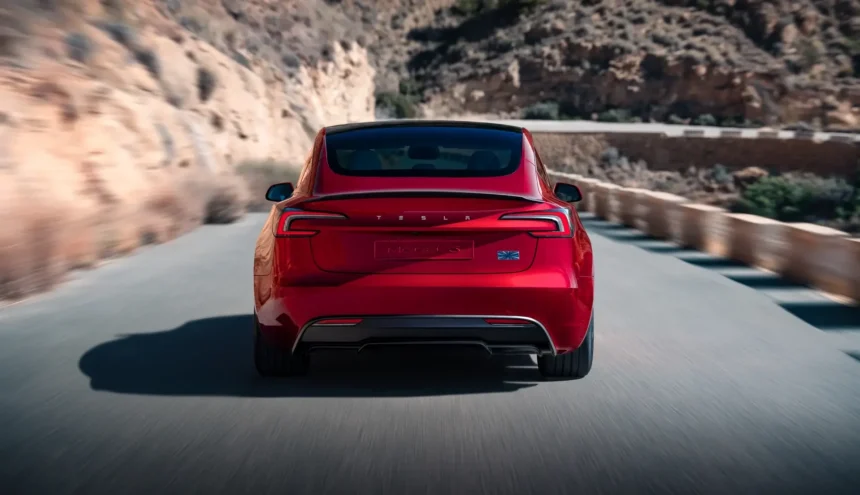Electric Vehicle Market Surges in the UK, Overtaking Germany
The electric car market in the UK saw a significant boost last year, surpassing Germany in terms of registrations. With a total of 382,000 electric vehicles sold in the UK in 2024, marking a growth of 21.4% from the previous year, the UK emerged as the largest market for electric vehicles in Europe for the first time. In contrast, Germany experienced a decline in registrations, with only 380,000 vehicles sold in 2024 due to the withdrawal of consumer subsidies amidst a budget crisis.
Furthermore, the UK witnessed a rapid expansion in the installation of charging points, with over 20,000 new points added, bringing the total to 73,699. The growth was particularly notable in ultra-rapid chargers and destination chargers at various venues, addressing concerns about the availability of public charging infrastructure.
Corporate registrations now dominate the UK EV market, accounting for 90% of sales, thanks to very low tax rates. However, starting from April 2025, EV owners will be required to pay vehicle excise duty of £195 per year.
The Role of UK Government Policies
The surge in EV sales in the UK can be attributed to the government’s zero emission vehicle mandate, aimed at phasing out the sale of new petrol and diesel cars by 2035. Manufacturers failing to comply with the mandate could face fines of up to £15,000 for each non-EV vehicle sold, unlike the incentives offered in other markets.
Despite the impressive growth in EV sales, they only accounted for 19.6% of the UK market in 2024, below the mandated level of 22%. Speculation surrounds the imposition of fines on non-compliant manufacturers.
Implications of Chinese EVs in the UK Market
With fierce competition and overcapacity in the Chinese market, manufacturers are looking to export to markets like the UK. Chinese EV brands are gaining traction in the UK, with new entrants like Leapmotor, Xpeng, and NIO making their mark. Chinese cars offer consumers affordability, advanced technology, and innovative design, posing a potential challenge to traditional automakers.
As the UK navigates its post-Brexit trade landscape, the Trade Remedies Authority will play a crucial role in determining protectionist measures against imports, including Chinese EVs. The EU and UK have a trade agreement on EVs in place until 2027, but uncertainties remain regarding CO2 emissions targets and pooling strategies within the EU.
2025 Outlook and Beyond
Despite challenges, the momentum behind EVs is strong, with only 3% of EV drivers willing to revert to petrol or diesel vehicles. The UK’s target of having 28% of new car sales as EVs by 2025 may prompt manufacturers to shift away from traditional vehicles altogether.
Chinese EV brands like BYD are poised to make a significant impact in the UK market, potentially surpassing Tesla as the best-selling EV brand. The shift towards EVs could have positive implications for consumers and the environment but may pose challenges to the UK and European automotive industry.
As the UK faces a pivotal decision between carbon emission targets and industry demands, the future of the automotive sector hangs in the balance. Whether the UK maintains its position as a leader in the EV market or succumbs to industry pressures remains to be seen.
This article was written by Peter Wells, Professor of Business and Sustainability at Cardiff University, and originally published on The Conversation.







